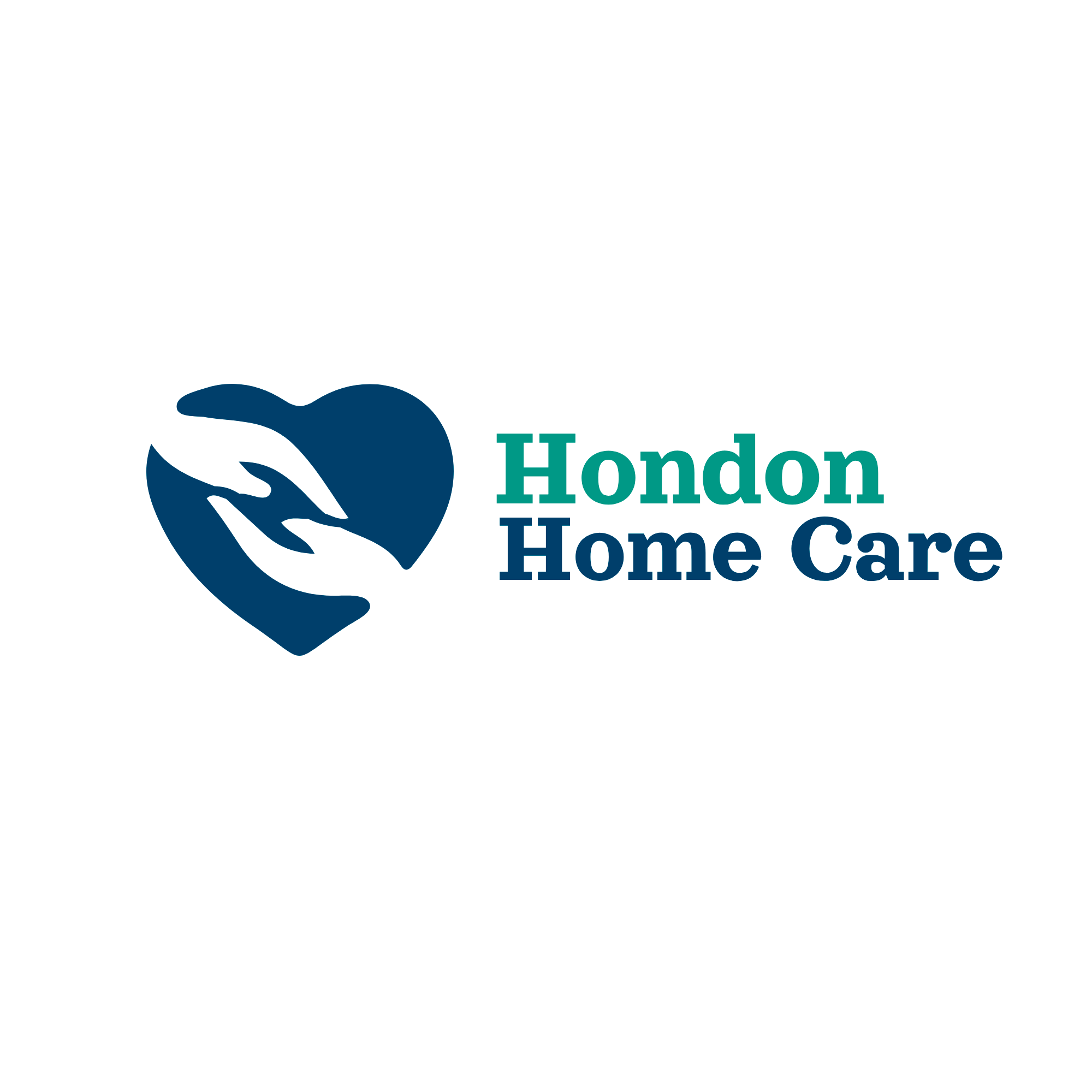Alternative medicine includes a variety of practices and therapies that are not part of conventional medicine. Here are some examples:
- Acupuncture: Originating from traditional Chinese medicine, it involves inserting fine needles into specific points on the body to relieve pain or treat various conditions.
- Homeopathy: Uses highly diluted substances that, in larger quantities, would produce symptoms similar to those of the disease being treated.
- Phytotherapy: Uses medicinal plants and their extracts to treat and prevent diseases.
- Chiropractic: Focuses on the diagnosis and treatment of disorders of the musculoskeletal system, especially the spine.
- Meditation and mindfulness: Relaxation and concentration techniques that seek to improve mental and physical well-being.
- Reiki: A form of energy therapy in which the practitioner channels energy through their hands to promote healing.
- Aromatherapy: Use essential plant oils to improve physical and emotional health.
- Naturopathy: Combines various natural therapies, such as nutrition, phytotherapy and hydrotherapy, to stimulate the body’s healing capacity.
- Yoga: A practice that combines physical postures, breathing exercises and meditation to improve overall health.
- Bach Flower Therapy: Use flower essences to treat emotional imbalances.
It is important to consult with a health professional before beginning any alternative medicine treatment, especially if you are receiving conventional medical treatment.




